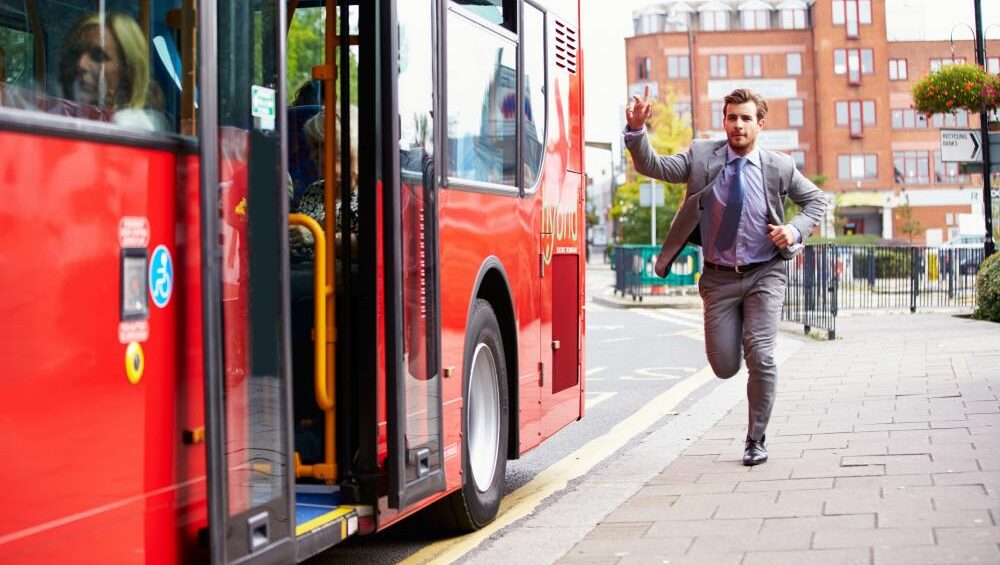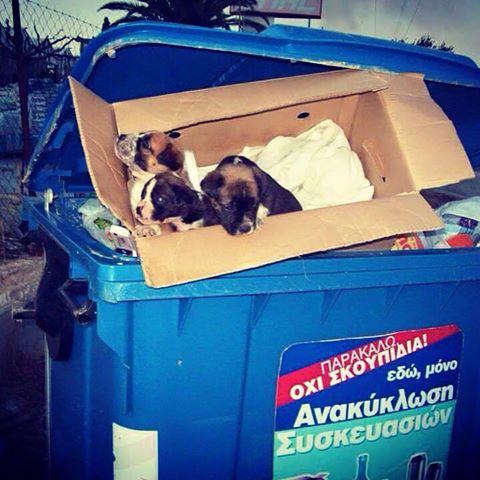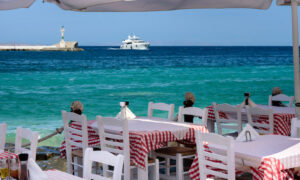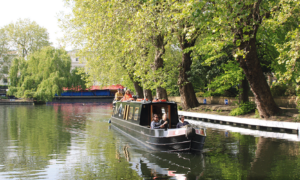(Editor’s note: This is the second part of a three-part series about the realities of living in Greece. You can jump to Pt. 1 here and Pt. 3 here.)
So, you have vacationed in Greece – or your friends have – and now you’ve got it in your head to up and settle there. For good ….
A new life!
Who doesn’t dream of picking up and taking off for a new country when the daily routine, the family issues and the existential questions overwhelm?! Or maybe your country is letting you down politically, socially and financially. Perhaps you have children and wish to offer them a different lifestyle, a new language and cultural immersion in a history-rich nation.
Before you fly over the pond to put down roots in sunny Greece, there are some things you might want to ponder.
In Pt. 1 of this post, you can read my views on some of the things in Greece which may surprise you, such as the xenophobia and the terribly troubled economy. In this post, I will cover more of the things that really surprise many of the North Americans who move here.
All or none of these may be deal breakers for you, but knowledge is power, right?

Quality of life
This is a big topic and it means different things to different folks. Let’s break it down a bit. Greece was plunged deep into a socioeconomic crisis starting around 2009 and the effects of that plus the subsequent austerity measures are still deeply felt today.
Unemployment and poverty rates skyrocketed during the crisis and remain high. Senior citizens had severe pension cuts and workers lost a lot of rights in terms of working conditions, overtime and severance pay, etc.
Work and housing are precarious for many residents. If you come to Greece with an independent income or having secured decent employment with a good salary, you can live well. However, please be aware that good jobs are hard to come by locally, and non-European Union citizens have even fewer shots at them than others.
Sanitation and maintenance of public spaces is basic at best but commonly lacking. Street cleaning, waste management, noise and air pollution are common concerns for many residents, even in the more posh communities around the country. Sidewalks are often non-existent, broken or blocked by parked cars or dumpsters, again even in the leafy suburbs.
Parks and green spaces are few and far between and are often poorly maintained as compared to those in North America. Both cities and towns have countless apartment buildings that have almost no green spaces around them.
Greek weather is generally mild in winter, fall and spring, yet, due to infrastructure issues and a lack of services, we often wind up using cars even for short rides when really we should all be walking, biking or riding public transportation most of the time.
Public transportation is not great in most places. Links between even major hubs (both within as well as between towns and cities) are often infrequent, the schedule is not faithfully followed by drivers or the
links are simply non-existent. So, you either have to spend a lot of time waiting for that bus or you end up doing what most Greeks do and you get a car.
And you beep the horn a lot.
Hence the air and noise pollution I mentioned previously.
I don’t have a car myself. I walk whenever I can, which I enjoy, but when there’s a heat wave or when I am short on time, I frequently end up spending money on taxis, which are getting more expensive by the day.
I met up with a friend yesterday and she was fuming because she has been late to work many times this month. (She happens to be a wonderful but underpaid social worker.) One of her buses has been more irregular than ever lately. I will note that this person has to take two buses and a train every day, so she already leaves home at 6:45 a.m. to get to work by 8 a.m., even though she only works a 15-minute drive from home.
Let’s just say that when I visit a city with amazing public transportation, I feel pure elation. (I’m looking at you, Vienna!)
Unfriendly for furry friends, little ones, the elderly and the disabled
North Americans (who famously adore furry friends) are frequently shocked by the way animals are treated around the country, both in urban and rural areas. As a result, some of them have even opened animal rescue centers in order to spay, neuter and look after the many strays.
Obviously, many residents who have pets adore them, but sadly, many others see dogs as burglar deterrents rather than companions. These folks don’t walk their pets at all or enough and interactions might be very limited. Some will even proudly say that they keep their dog hungry for food and attention so that they will attack burglars. Others see dogs more as accessories than pets and take them out once or twice a week to show them off, but otherwise the animals rarely get enough attention or exercise.
As a result, many dogs (who are almost never trained in any way) rarely leave their balconies or gardens and their incessant barking is not only a source of great frustration for neighbors but also a sign that the poor animals are in serious distress.
Authorities do little to nothing.
Ask me how I know that … I lived for six long years across the street from a family which kept three dogs in their tiny garden. The dogs were rarely interacted with and never, EVER walked!
If you travel to the Greek countryside or islands you will no doubt be surprised by the conditions of working animals, They are often visibly overworked and underfed and commonly without proper shelter from the hot sun or the cold winter air. Legislation protecting animals does exist but, sadly, enforcement is still pretty uncommon.
People

Onto the human animals now …. as any parent of small children in Greece and they will tell you that it is quite a chore to find peaceful, clean and safe places to take then. One of the unspoken rules is that when you do find a nice park, museum, restaurant or whatever which is baby- or small child-friendly, you have to share it with your parent friends. It’s not uncommon to even see people smoking in playgrounds. I have seen more cigarette butts, garbage, broken glass, dog mess and other kid-unfriendly stuff tossed around playgrounds than I care to recall.
My son and his friends often collect garbage on the beach after a swim. Littering is a big issue here that affects little people as well as their families.
Regarding the elderly who might have mobility or vision issues as well as people of all ages who have any physical disabiliy: The legal framework exists but, unfortunately, access for those with physical impairments – although improving – is still shockingly limited. A good number of the major tourist sites are now cane or wheelchair accessible, but, beyond those and a few posh resorts and restaurants, folks with sight or mobility issues are often in trouble.
With problematic or non-existent sidewalks, public transportation which is often not properly or at all equipped, with shops and restaurants rarely able to accommodate anyone other than the able-bodied, things are pretty dire. You will rarely see a ramp or accessible bathroom in most places.
Disabled Greeks who don’t have the means to employ a helper have a lot of trouble getting around and relevant activists refer to the disabled as the “invisible population” here.
Coming soon: The third and final post on things you should know before you decide to make
the move. If you move here, you may well fall in love with this chaotic beauty of a country but, at the very least, you should be prepared to deal with its shortcomings.
A Pittsburgher by birth, Christina T. Hudson is also half Greek and has – so far – spent most of her life in Athens, the chaotic but captivating capital city of Greece.
















